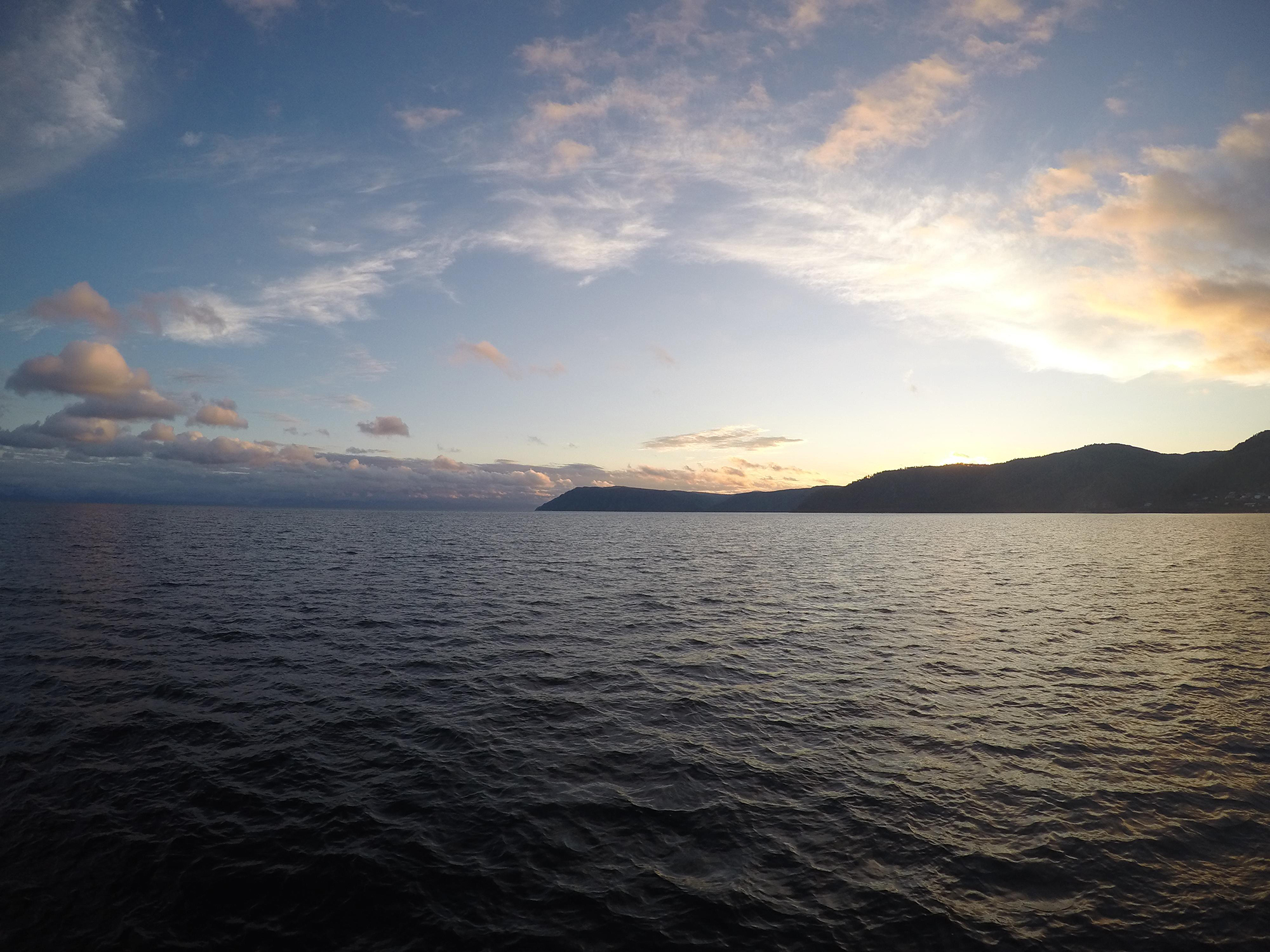Russia’s NGO law leaves environmental activists in troubled waters

Lake Baikal. Picture by Bailey Wolff

Jennie Sutton had nearly given up hope. Would Baikal Ecological Wave, the environmental nonprofit she helped start 25 years ago, manage to raise 300,000 rubles ($4445.37) in time to pay its fine? After refusing to comply with a Russian law branding as foreign agents all nongovernmental organizations (NGOs) receiving funding from abroad, that was how much Russian authorities expected the group to pay. Amounts coming in were small—from 100 to 20,000 rubles—and Baikal Ecological Wave was only half way to its goal.
Then she heard the familiar “ding-ding” of her phone. “I opened up the message and I read it and I put it down and I read it again—I must have read it about five times before I wrote an email to all my colleagues,” she said.
The email she sent informed her colleagues that someone had donated the remaining 150,000 rubles the NGO needed.
In spite of raising the money, Baikal Ecological Wave announced in February, 2016, that it will terminate its operations. The Irkutsk-based group was one of 19 environmental organizations to be stigmatized under the 2012 “foreign agent” law (125 NGOs in total are currently listed as “foreign agents” on the Ministry of Justice’s registry). In a country where economic profit from natural resources has often overpowered its many ecological concerns—from illegal logging and forest fires to spirogyra algae infestations in Lake Baikal—groups fighting for the environment may be more needed now than ever.
The law on NGOs “makes it impossible to work,” Maksim Vorontsov, one of Baikal Ecological Wave’s co-chairmen, told the AFP. The government claims that the legislation creates greater transparency in Russia and promotes the country’s national interests. But being labeled a foreign agent means unannounced inspections, financial audits, extra bureaucratic paperwork and potential exclusion for any group accepting foreign funding and engaging in political activity.
“We are not foreign agents. We have been wrongly accused and we have been wrongly put on this list,” Sutton said. She believes that nonprofit organizations are being targeted because their work highlights the government’s failure to do this work itself.
Among Baikal Ecological Wave’s historic victories were its efforts to shut down the Baikalsk Pulp and Paper Mill and the re-routing of an oil pipeline originally planned across Lake Baikal’s northern watershed. To account for jobs lost after the paper mill shut down, the organization created a business incubator to help local citizens promote tourism in the area.
“Jennie Sutton herself was like a hero for the whole of Siberia. She helped develop an ecological movement in Russia,” said Vidana Shujaev, a citizen of Irkutsk and former volunteer with Baikal Ecological Wave. “Our schools have a new subject now, Ecology. She inspired people in the local administration.”
Roman Vazhenkov, a security officer with Greenpeace Russia, worked with Baikal Ecological Wave to avert the oil pipeline around Lake Baikal. He wrote in an email that, “The foreign agent must put the foreign agent label on all its materials, printed matter, webpage and so on […]. Schools refuse to work with foreign agents, local authorities refuse to lease office space or rooms for events.”
“[The Baikal Ecological Wave team has] always been truly independent, working on a number of issues where high ranking officials might have had their interest,” Vazhenkov added. “The Baikalsk Pulp and Paper Mill, Angarsk Electrolysis Chemical Plant with its radioactive waste and some others are among the most prominent examples.”
Russian oligarch Oleg Deripaska owned the pulp mill when Sutton and her team helped force its closure. Former Prime Minister of Russia Sergey Kiriyenko heads Rosatom, Russia’s state-run atomic energy corporation whose uranium enrichment activities in Siberia were challenged by the environmental activists. Both men are personally connected with the Russian government.
In October 2015, Friends of Siberian Forests, a Russian NGO that helped create Shushenskiy Bor National Park and has fought illegal logging in Russia’s high biodiversity forests, was also labeled a foreign agent. Andrey Laletin, the chair of the organization and an expert with the Global Forest Coalition, wrote that since becoming foreign agents in 2015, the organization’s work has been greatly affected.
Before being labeled a foreign agent, his organization reported violators of logging and pollution laws to the Environmental Prosecutor’s office, which would then investigate the cases. But since Friends of Siberian Forests was put on the list, his ability to impact local environmental policy has been curtailed.
The foreign agent law is only one of the challenges that Russian environmental nonprofits face. Competition from pro-government NGOs is also exposing them to new risks and threatening the operations of international groups. Earlier in April, the Estonia-based Russian news outlet Meduza reported that the Russian Environmental Chamber, an initiative “within the frames of Vladimir Putin’s policy program for NGOs,” suggested that foreign environmental movements be replaced with domestic organizations.
Sutton views that proposal with extreme skepticism. She said government-approved environmental groups won’t challenge official policy, and that some even attack the promotion of an eco-friendly lifestyle among the population on the grounds that it hurts the country’s economy.
“They call themselves environmentalists but have no intention to argue in any way what is coming from above,” she said.
***
The Russian Ministry of the Environment and Natural Resources did not respond to a request for comment
Bailey Wolff is a multimedia storyteller and candidate in NYU’s Global Journalism and Russian/Slavic Studies joint MA program. He writes about business, politics and culture.




